
Upgrading to a well-matched carburetor can lead to tangible benefits in engine performance. A carburetor that is correctly paired with an engine should enhance horsepower and consistency. This improvement is not just theoretical but translates into measurable outcomes such as lower elapsed times (ETs) and higher miles per hour (MPH) in racing scenarios.
Modern carburetors have evolved with technology, becoming more adaptable to the demanding requirements of racing applications. The use of precision technology has revolutionized carburetor manufacturing, allowing for precision and customization previously unattainable. This means that for engines that require specific tuning, there are carburetors available that can be finely adjusted to meet those needs.
The ability to manage fuel curves effectively is another advantage of upgrading your carburetor. With advancements in carburetor design, such as multiple circuit systems, it's possible to fine-tune the fuel delivery to match the engine's requirements, achieving an optimal balance of air and fuel mixture for peak performance.
Moreover, the economic aspect cannot be overlooked. While electronic fuel injection systems may offer certain benefits, they also come with a higher price tag. A carburetor system, on the other hand, can deliver comparable performance enhancements without the significant financial investment, making it an attractive option for those looking to upgrade their engine without breaking the bank.
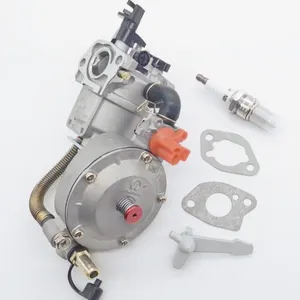
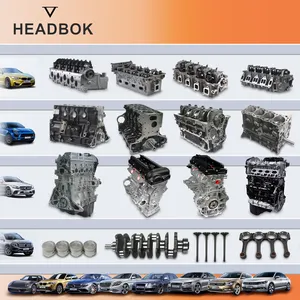



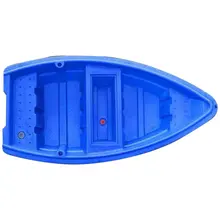

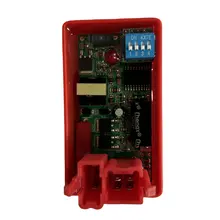
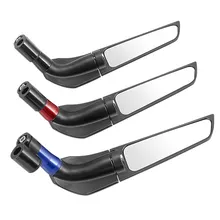
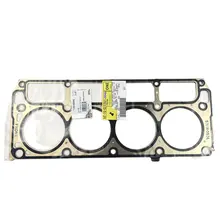




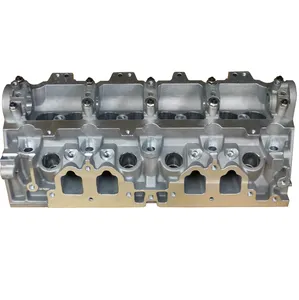





























 浙公网安备 33010002000092号
浙公网安备 33010002000092号 浙B2-20120091-4
浙B2-20120091-4